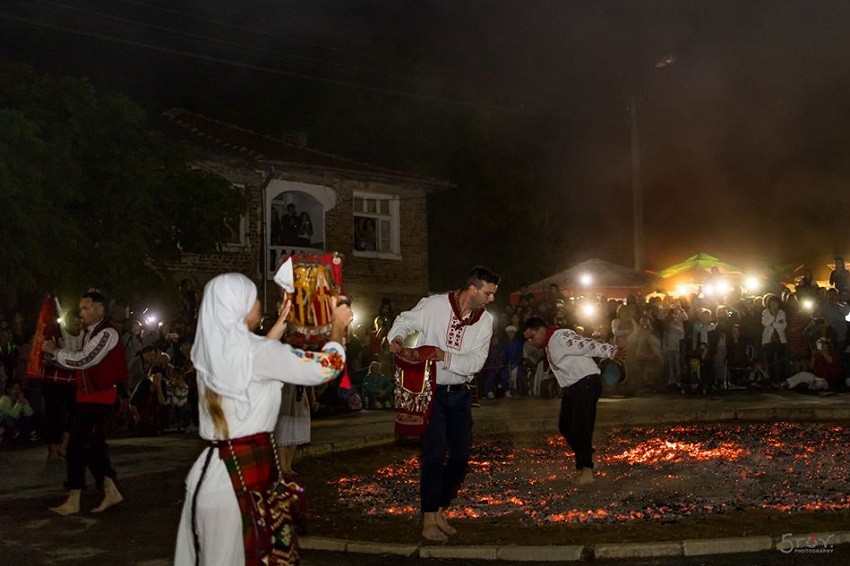Metropolitan Arseniy of Sliven has spoken out against the nestinari (fire dancers), prohibiting them from using icons during their rituals. This announcement was made on the Sliven Metropolis's official website and Facebook page.
In his statement, the bishop said that this custom was not original, describing it as plagiarism and imitation of pagan cults from ancient Greece and the Orient.

Nestinarstvo, a folk tradition honouring Saints Constantine and Helena, has strong roots in the Strandzha Mountains, where the celebration is called Kostadinovden. A key element of the ritual is dancing barefoot on burning embers. Both men and women can become nestinari, although women are required to be beyond childbearing age.

Nestinarstvo is also part of Bulgaria's cultural identity and is recognised by UNESCO as intangible cultural heritage.
Every tree has roots. The bigger the tree, the deeper its roots. We are all united here in Southeast Europe. It is our saints that unite us, not divide us. This was stated in an interview with Radio Bulgaria by Prof. Konstantinos Nichoritis. A graduate..
An international scientific conference will be held in Sofia from 21 to 24 May, the days preceding the celebration of Saints Cyril and Methodius, announced the Bulgarian Academy of Sciences (BAS). The conference, titled "Christian Missions in the European..
A key to our heritage and national identity, the Glagolitic alphabet is an alphabet and a message to Europe, surrounded by many hypotheses. To mark the 1170th anniversary of its creation, we take a trip back to the 9th century, when the brothers Cyril..

+359 2 9336 661
